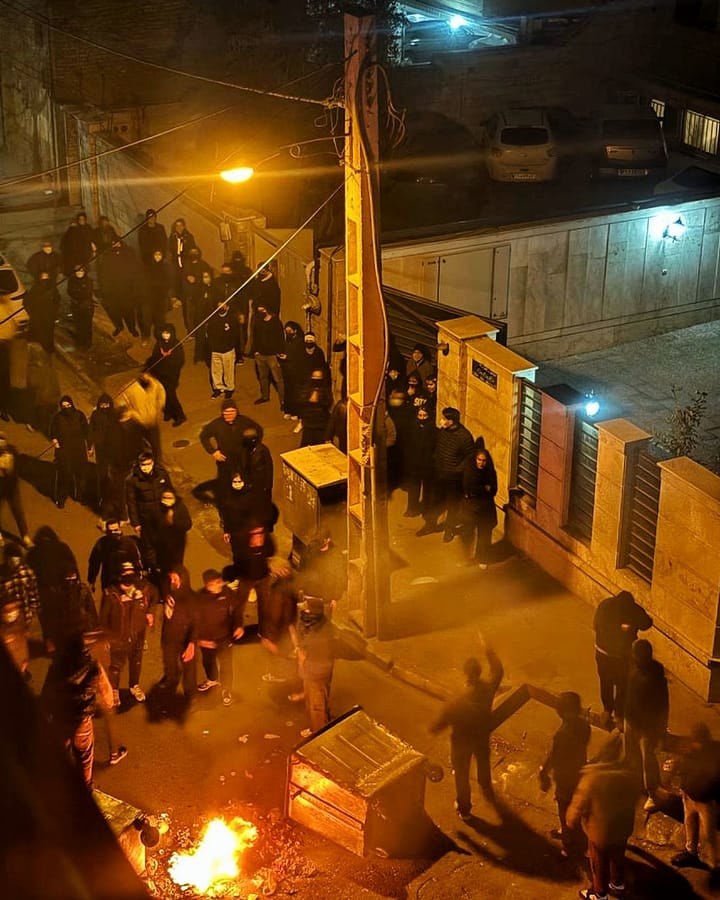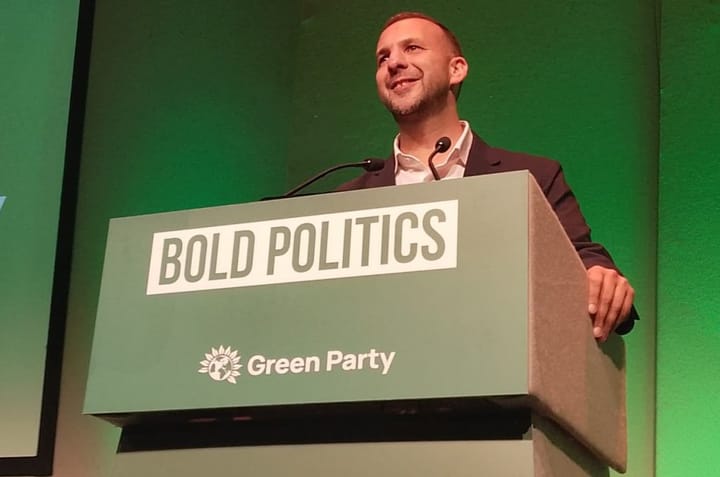The time of politics presents itself as flat and chronological: a response to the immediacies of events. It operates within the calculus of existing powers, their distribution and geopolitical reach. History is frequently reduced to the accumulation of common sense and structural contradictions to crisis management. The new Labour government in the UK promises change, both on the domestic front and in foreign affairs, although these days, with the central role that migration plays in public agendas across the whole political spectrum in the West, the two are deeply entwined and actually reveal profound questions about global history and the constitution of modernity. David Lammy, the new foreign minister, is black, the son of working-class parents of the African diaspora, routed via slavery through the Caribbean to Britain. So, what changes might we expect? After all, the Black Lives Matter movement in the United States has been explicit in its support for Palestinians, rightly recognising in the settler-colonial occupation of Palestine historical resonances with the settler and white supremacist racist formation of the United States that continues with its reservations, segregation and ghettos.
If the question is rhetorical, it nevertheless allows us to confront a deeper political perspective. This becomes particularly urgent in a moment characterised by the ethical exhaustion of the West. If we return to Palestine, to the colonial concentration camp where Europe seeks to atone its guilt for centuries of antisemitism culminating in the Shoah, then British foreign policy is central to this history. Well before the Balfour Agreement of 1917 promising a homeland for European Jews in Palestine, London’s hegemony in the Nineteenth-century Mediterranean was already encouraging fervent Christians in the UK and the United States to stake their claims on appropriating and defining the Holy Land.
It was with the British occupation of Egypt and the subsequent construction of the Middle East (it being halfway between the UK and India) that Britain took command. The secret Anglo-French Sykes-Picot division of 1916 and the subsequent mandates they obtained from the League of Nations carved up the shores and hinterlands of the Asian Mediterranean (with the exception of the new republic of Turkey) into colonial administrations. States were invented (Iraq, Lebanon, Syria, later Jordan and Israel) as the ex-Ottoman provinces were reassembled under British and French power. General Henri Gouraud, arriving in Damascus in 1920, reportedly announced, while kicking Saladin’s tomb, ‘We’re back’. Seven centuries after the Kurdish leader had defeated and expelled the Crusaders, they returned.
Armed with white Biblical morality, archaeology intent on uncovering the ‘roots’ of civilisation in Mesopotamia and, most importantly, strategic concern for oil reserves to fuel the petrol economy of war-time machinery and peace-time transport, the Middle East was seized, policed, administered and rendered Occidental property. Inevitably, there was resistance, rebellions, massacres and military repression. In the new state of Iraq, the Royal Air Force perfected bombing techniques and strafing civilian populations to quell rebellion.
Today, behind the superficial facade where once recent Arab allies (Saddam Hussein, the al-Assad family, and the CIA-trained Osama bin Laden) become Oriental tyrants and terrorists, it might be more significant to consider how Occidental power has structurally produced and historically sustained violence in the Levant. A mixture of divide-and-rule politics, the brutal pursuit of economic concerns, and the twisted inheritance of antisemitism that has sought to resolve the ‘Jewish Question’ after the genocidal ‘solution’ of the Shoah in unconditional support for the state of Israel in the Middle East (rather than in Europe) provides altogether deeper implications for the politics of Europe and the West. Otherwise, continuing with business as usual means continuing with the colonial mandate.
To register these deeper swells in the political formation of the Middle East that continue to feed the continuing colonial construction of the present is not about expressing regret for Occidental mendacity or consigning brutal episodes of unrestrained power to the past. It is not about now simply moving on. To respond in a manner that acknowledges responsibility implies changing the political syntax. This is precisely what the new Labour government, whether talking about migrants, Palestine-Israel, internal electoral reform, post-Brexit Britain or the redistribution of wealth and the socialisation of social services, does not have on its agenda. David Lammy has talked about ‘reconnecting Britain with the global community’, which begs the question of what we might mean by the ‘global community’. He certainly has an awareness of the colonial matrix, being criticised in 2016 for saying that one million Indians sacrificed their lives in the Second World War for the ‘European Project’. So, there is always the possibility of surprise, but I am not counting on it. In the political order, the pack of cards has changed, but the game seems likely to remain much the same.
Iain Chambers has been a Cultural, Postcolonial, and Mediterranean studies professor at the University of Naples. At the same university, he has served as the Director of the Centre for Postcolonial Studies and the director of the doctoral program on Cultural and Postcolonial Studies in the Anglophone world. Chambers' work focuses on interdisciplinary and intercultural studies of music and popular and metropolitan cultures. Recently, he has shifted his research towards postcolonial analyses of the modern Mediterranean. Chambers studied with Stuart Hall at the Centre for Contemporary Cultural Studies in Birmingham and has authored several books. Some of his notable works include "Urban Rhythms" (1985), "Migrancy, Culture, Identity" (1994), "Mediterranean Crossings: The Politics of an Interrupted Modernity" (2008), "Popular Culture: The Metropolitan Experience" (2016), "Postcolonial Interruptions, Unauthorised Modernities" (2017), "Location, Borders and Beyond: Thinking with Postcolonial Art" (2018), and La Questione Mediterranea (2019). He has also co-edited books such as The Postcolonial Question: Common Skies, Divided Horizons (1996) and Esercizi di Potere. Gramsci, Said e il postcoloniale (2006) with Lidia Curti.



